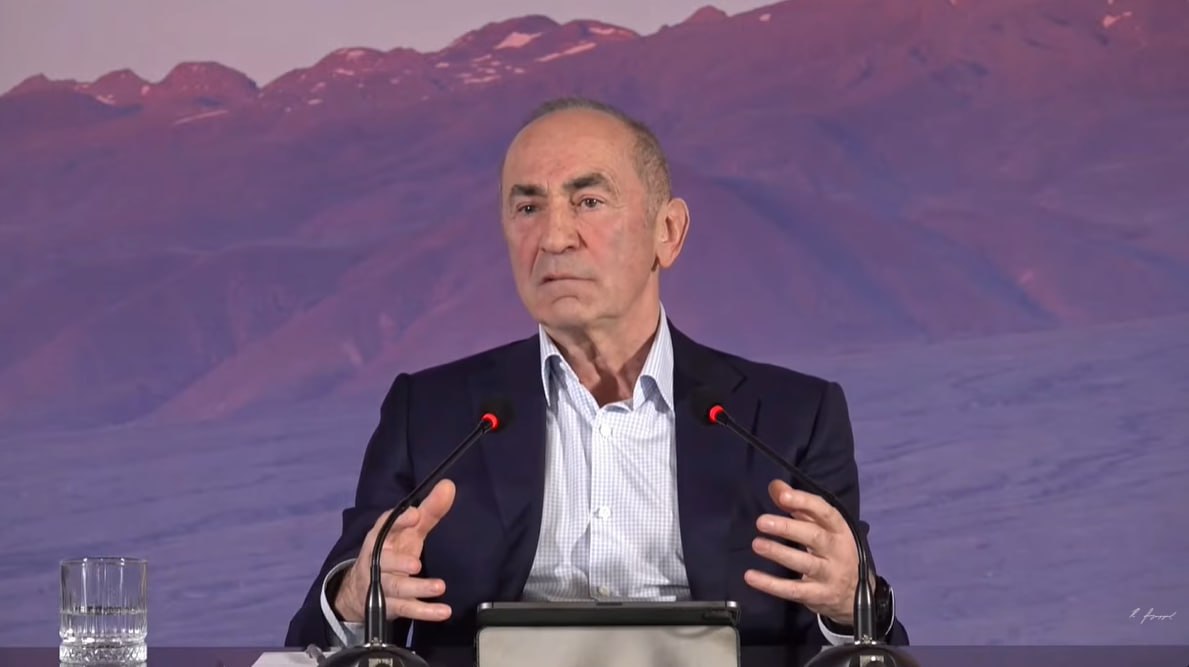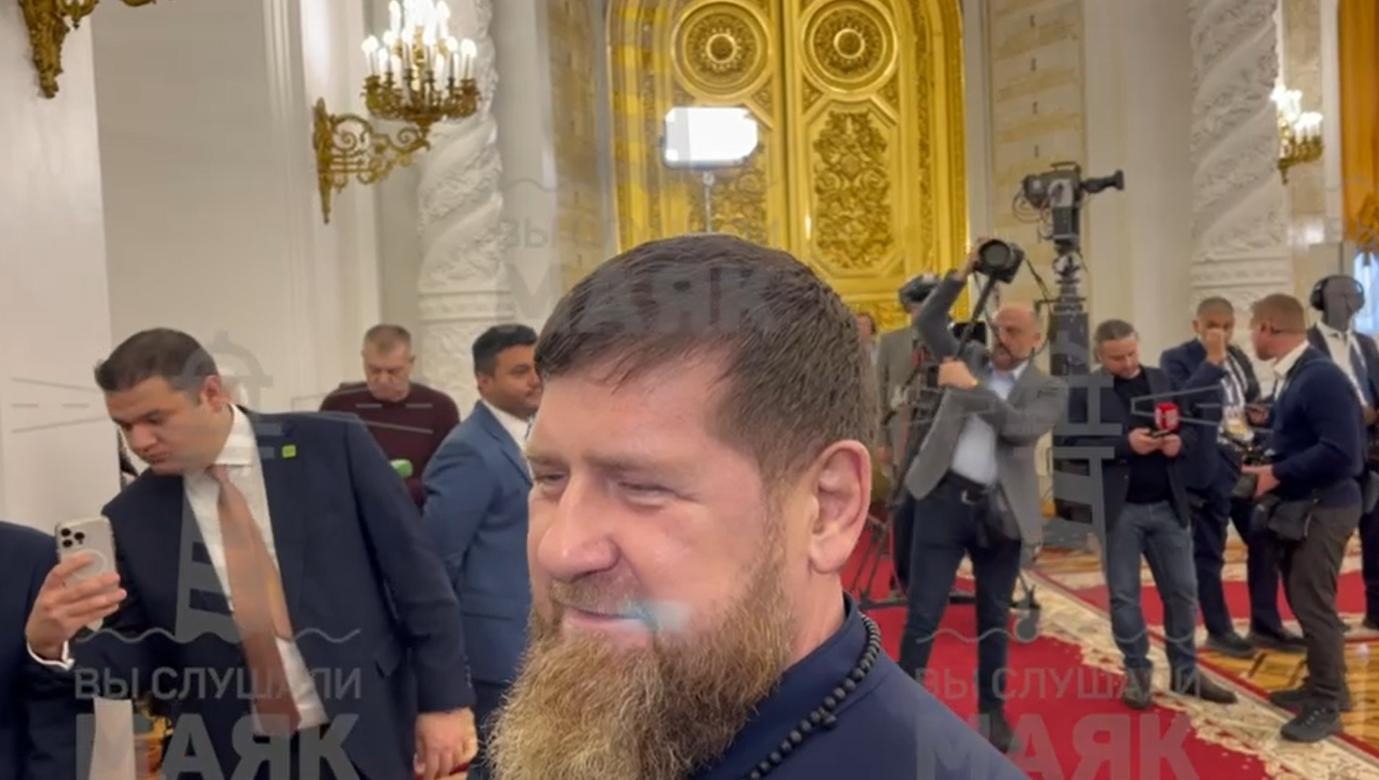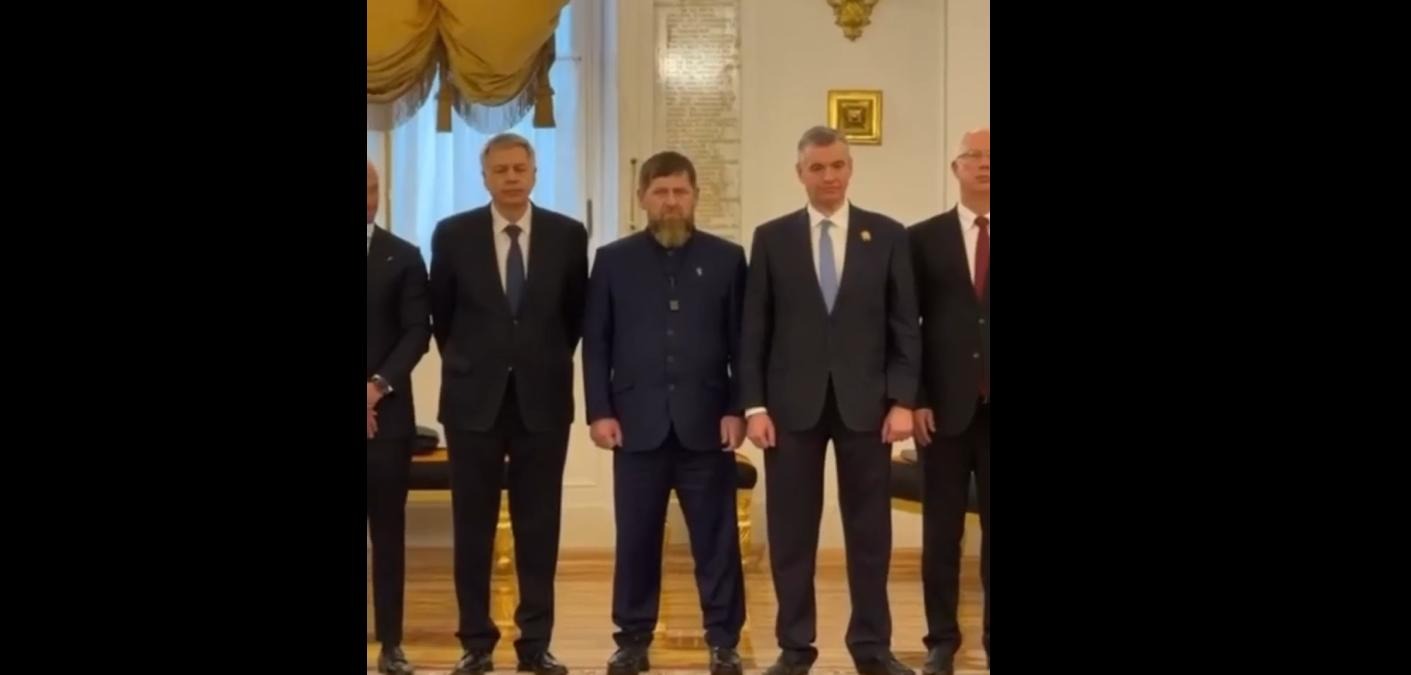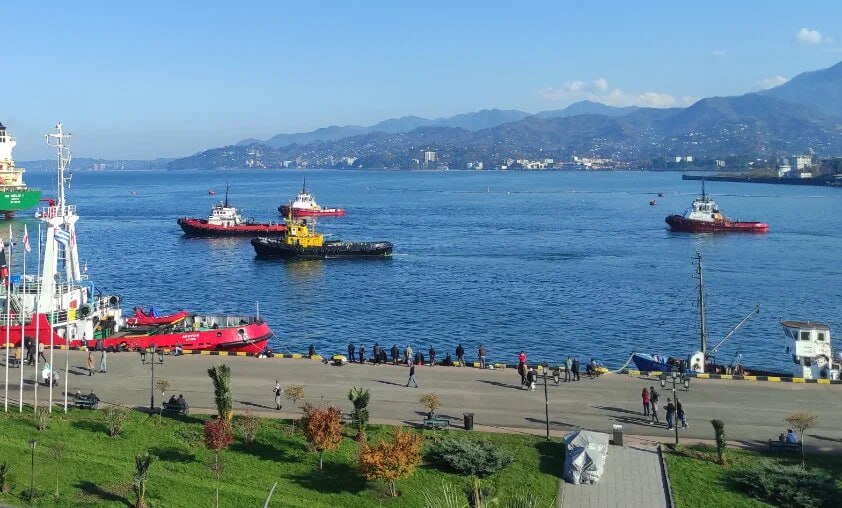Former Armenian President Robert Kocharyan warned against the current government's flippant attitude toward possible harsh responses from Moscow. He believes the authorities fail to grasp the scale of the potential impact Russia could have, including tariff revisions and export blockages.
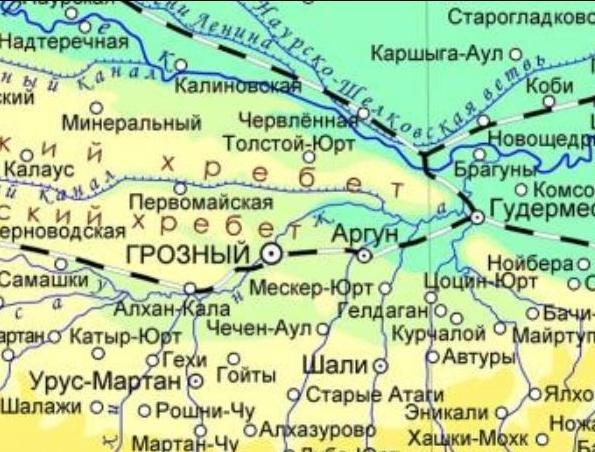
August 19, 2001
***
On August 19–23, a “cleansing operation” was carried out in the village of Gekhi. The reason for it was the blowing up of a Russian military vehicle that led to the victims.
At the beginning of one in the morning, machine-gun fire was opened on the outskirts of the settlement. It was conducted from the location of the unit covering the village police department. After 10-15 minutes, artillery shells began to explode on the streets. Mostly they fell in the western part - in the quarters adjacent to the road to the village of Shalazhi. According to unspecified data, up to 15 shells exploded within the boundaries of the settlement. Sounds of gunshots were heard from the side of the Zapad group, located southwest of the city of Urus-Martan.
Luckily, none of the locals were hurt. A cow was killed by fragments of a shell that hit Daud Tepsurkaev's barn. The barn itself was also destroyed. At least seven houses were damaged by direct hits to one degree or another. Among them are the houses of the Kovkaliyevs and the Ozdamirovs. One artillery shell hit the yard of the head of the village administration, Alkha Tasuev. The same projectile at his neighbor, Kair Khamliyev, smashed window panes and knocked out frames. Another neighbor's personal car was damaged, except for the windows - all the windows were broken. Shards and bullets riddled the slate roofs of individual houses.
On the morning of August 19, local residents, outraged by the night shelling, came to the village police department. It was from here that the shelling of the village from small arms began. The military stated that their location was fired upon by unknown persons who were driving in a car. And in response, they allegedly opened fire on the village.
On August 19, according to incomplete data, 23 people were detained. They were taken to the VOVD of the Urus-Martan district. Their relatives, who arrived from Gekhi, stood in front of his building all day.
In the village, they started talking about the need to hold some kind of peaceful protest action against the arbitrariness of the military. The gathering was scheduled for August 20. However, troops began to move up to the village, and it was blocked. The checkpoint on the road to the regional center was either opened to allow pedestrians to pass, or closed, and even women could not pass through it. The purge has begun. Several hundred men and teenagers were taken to the eastern outskirts of Gekhi, where a temporary military headquarters was deployed to carry out the operation. They were subjected to a humiliating “filtering” procedure. In the village itself, the Russian military abused civilians for no reason. So, on Kuibyshev Street, two Soltakhanov brothers were beaten up in their yard: Anzor (13–14 years old) and Islam (15–16 years old). On the same street, they severely beat Umar Yakshakhatov (40 years old), and on Gorky Street, 17-year-old Ibragim Vakhaev. The last one was first handcuffed by the military.
On August 23, the village of Gekhi was unblocked. All the local residents detained during the "mopping-up" operation returned home.
***
There was an explosion on Pervomaiskaya Street in Grozny. Passing at that time, the Russian military opened fire from automatic weapons and killed a young man passing by, wounded another. The soldiers took the dead body with them, the wounded man managed to escape.
***
The corpse of a young man aged 28–30 was found on Moskovskaya Street in Grozny. The victim was severely mutilated: his ears were cut off, there were multiple fractures and stab wounds.
***
In the central market of the city of Argun, military personnel of the federal forces carried out a check of the passport regime. During the operation, 10 men were detained and taken away in an unknown direction. Many women had their passports confiscated under the pretext of having to check. On the same day they applied to the commandant's office, but they said that they knew nothing about the confiscated passports and the men who had been taken away.
***
At about 11 p.m. in the city of Shali, Russian servicemen arrived at house 6 on Lugovaya Street in several armored personnel carriers (tail number of one of them A-101). Without introducing themselves or explaining the reasons for their sudden invasion, they took with them Gilani Magomedovich Sulbanov, born in 1964, who lives there, and Abu Salmanovich Abuezidov, a lodger, a forced migrant from the village of Duba-Yurt, destroyed as a result of hostilities, born in 1974. R. Subsequently, the relatives managed to find out that they were taken away by servicemen of the DON-2 unit stationed near the city.
On the fact of their abduction (Article 126 of the Criminal Code of the Russian Federation), the prosecutor's office of the Shali district on October 15, 2001 opened criminal case No. 23260. In December of the same year, it was suspended due to the alleged impossibility of “identifying persons to be brought in as defendants” (Article 195 of the Code of Criminal Procedure of the RSFSR). At the end of March 2002, the prosecutor's office of the republic canceled the decision on this, but even three months after that, the case was not taken into consideration. As of August 19, the location of these people has not been established.
From the book "People Live Here", Usam Baisaev, Dmitry Grushkin, 2006
